In the old fable of the Emperor’s New Clothes, people denied the emperor’s nakedness because they wanted to be seen as smart. Today people deny overpopulation because they want to be seen as moral. It is a form of virtue signaling: are you for justice and equity and families and being nice to refugees, or are you one of “The People Who Hate People”? Few look at the data to see whether their position actually favours those goals, or whether, indeed, they are having the opposite effect, obstructing progress toward a fairer, more peaceful and sustainable world. How did it come about that so many people became so passionately misinformed?
by Jane O’Sullivan
It takes a certain level of cultural indoctrination not to connect large families with impoverishment. The association is far from being a modern product of global overshoot: Aristotle (384—322 BC) said, “One would have thought that it was even more necessary to limit population than property. The neglect of this subject, which in existing states is so common, is a never failing cause of poverty among the citizens; and poverty is the parent of revolution and crime.” European literature is full of the plight of divided inheritance, redundant sons, and the desperate under-employment of the rural population overflow. It is self-evident that an oversupplied labour market depresses wages to the benefit of employers. It is self-evident that, whatever rural development can achieve by increasing agricultural productivity, this is eroded by the subdivision of land. It is self-evident that a family with ten children will spend less on educating each than a family with one. It is self-evident that a whole community or country composed predominantly of large households will fall ever further behind those with small families.
The first advocates for family planning, such as Marie Stopes and Margaret Sanger, were determined to make lives better for women and their families by ending the burden of unwanted pregnancies. The international family planning movement began in the 1960s as a humanitarian response to the very evident threats that population growth posed to economic development and food security in the Global South. When pre-existing family planning organizations were recruited to this new population agenda, for them it was very much about women first and population second. They encouraged governments to provide and promote voluntary family planning, and provided those services through NGOs. I am unaware of any instance where they advocated targeting any particular race or ethnic group or where they advocated coercive measures.
But these days even writers seeking to raise the profile of population issues refer to “the ugly history of eugenics” and imply that a rights-based, non-coercive approach is a novelty. The 1994 United Nations Conference on Population and Development in Cairo is commonly cited as a watershed between authoritarian, abusive approaches and voluntary, rights-based approaches to birth control, but this is untrue. We need to discover not only the truth, but why it was buried.
Most countries that implemented family planning programs in the 1960s, 70s and 80s used only voluntary measures, adapted to local context and culture. In all countries that achieved rapid fertility decline, the benefits of small families were actively promoted – governments did not merely hope that more wealth or education would cause people to break from pro-natalist cultural norms. In a few countries, forced or coerced birth control was imposed by national governments, or by officials seeking to achieve quotas placed on them by national governments. China’s one-child policy is the most infamous, but its extreme heavy-handedness typified the Chinese government’s approach to all social issues at the time, it did not typify family planning globally. Such measures were opposed by international family planning professionals long before the 1994 Cairo Conference. They were never part of the agenda advocated at the earlier UN population conferences.

Family planning advocates welcomed the new Cairo text, to make more explicit opposition to coercion, commitment to women’s health and rights, and more client-focused delivery of family planning. The Cairo text did not belittle population concerns: it reaffirmed “interrelationships between population, resources, the environment and development.” It advised, “To achieve sustainable development and a higher quality of life for all people, States should reduce and eliminate unsustainable patterns of production and consumption and promote appropriate policies, including population-related policies” and “Explicitly integrating population into economic and development strategies will both speed up the pace of sustainable development and poverty alleviation and contribute to the achievement of population objectives and an improved quality of life of the population.” Few who signed onto the Cairo Agenda anticipated the subsequent deletion and delegitimization of all population focus from its implementation.
A major strategy toward delegitimization was to rewrite history. According to the new doctrine, all “population control” activities before the Cairo conference had been conducted “without heed to people’s reproductive aspirations, their health, or the health of their children.” This particular version of the oft-stated or insinuated accusation appeared in the UNFPA’s 2014 review of achievements under the Cairo Agenda which, without any democratic process, presumed to set the “framework” for subsequent work, further distancing the ongoing agenda from the Cairo text and its acknowledgement of the need to minimize population growth.
Displaying a bizarre cognitive dissonance, this discourse insists on one hand that past concern about population growth was misguided (if not a mischievous cover for other agenda – whether racism, eugenics, or blaming the poor for rich-world overconsumption) and led to no good, but simultaneously boasts that eschewing population and focusing only on women’s health, education, and rights would “also lead to lower population growth than targeted efforts for birth control,” as if that goal mattered. [1] A hollow claim: all the countries that achieved a rapid fertility transition did so while running family planning programs that actively promoted small families as part of an explicit population deceleration policy (examples are South Korea, Thailand, Vietnam, Costa Rica, Iran and Mauritius). Those that were persuaded by the Cairo agenda to drop their population focus part-way through their transition saw fertility stall or rebound (Indonesia, Egypt and Kenya are examples). Globally, the fertility transition that was so strongly established by family planning efforts before 1994 subsequently slowed to a crawl.
But this story never appears in reviews of the Cairo legacy, because we are officially disinterested in fertility rates. Meeting unmet need for contraception is the new focus, not generating demand for it. If women want eight children apiece, that’s just fine – ignoring the stifling patriarchy in which such aspirations are cultivated.
Meanwhile, in the rewritten history, successful family planning programs did not exist, and past fertility decline is seen as driven variously by infant survival rates, women’s education, urbanization, industrialization, or general enrichment. Yet the few studies that compare these factors with the prevailing family planning program effort demonstrate the overwhelmingly greater influence of the latter. These studies are rarely cited, while every popular-media article will tell you that study after study shows how fertility plummets when countries educate girls. I have found not a single paper drawing on primary data that shows this to be true. No example exists of a country or study area that achieved a rapid fertility transition without actively promoting smaller families and addressing cultural barriers to uptake.
The delegitimization agenda also rejected the idea that population growth impedes economic development. Ironically, by demoting family planning programs from central pillars of development plans to minor activities of health departments, women are worse off post-Cairo. The countries that got fertility down before Cairo have seen a steady improvement in women’s status, education, and autonomy, facilitated by relieving the burden of childbearing and by the deliberate reframing of women’s roles to break away from seeing childbearing as a woman’s only means to gain status and security. All those countries have also taken off economically, achieving a steady and inclusive enrichment. With the exception of a few Middle East oil states, no high-fertility country has lessened poverty. What little increase in per capita GDP some have achieved is marked by widening inequalities.
Perversely, the people seeking to end population growth are cast as the enemies of just and equitable development. This view has roots in Marxism: the admission of any endogenous cause of poverty diminishes the role of class relations. Never mind that, as Adam Smith explained, it is population growth and consequent underemployment that suppress wages and keep the market from eliminating capital’s profit margin.
Those who believe they are defending the poor by denouncing ‘populationists’ should take a good look at the company they are keeping. Population growth plays straight into the hands of global corporatization, polarizing wealth between the ever-more concentrated ownership of assets and those forced to sell their labour cheaply. In whose interests was the 1972 Rockefeller Report (on the disbenefits of further population growth in USA) politically buried for thirty years? Whose influence was behind the sudden change of US delegation to the 1984 UN population conference in Mexico City, that startled other delegates with the newly minted position that population growth is economically neutral, not the threat to development that was by then widely accepted? The same interests behind the Mexico City Policy, adopted by that delegation to ban US funding in any way associated with abortion, and cunningly linking family planning conceptually with abortion, despite contraception being the most effective anti-abortion measure ever (and criminalization the least effective)? Who benefits from ill-founded hysteria about ageing and the “birth dearth”? Strange bedfellows for self-righteous anti-Malthusians.
As a 1992 UNICEF report said, “Family planning could bring more benefit to more people at less cost than any other single technology now available to the human race.” It won’t fix climate change on its own, but according to the IPCC’s recent mitigation report, “high levels of global population growth … may render modelled pathways that limit warming to 2°C (> 67%) or lower infeasible.” It is an extraordinary tragedy that the global community shuns this opportunity, on the grounds that they are defending the poor from abominations like China’s one-child policy, instead of championing the great family planning successes such as Thailand and Iran. Instead of emulating these successes, the high-fertility countries in Africa and elsewhere are being served an insipid and ineffectual reproductive health agenda, in deep denial of the harms wrought by population growth. It is supposedly centering women’s rights but effectively impedes women’s emancipation.
As resource scarcity and environmental degradation are reaching crisis points, we have run out of time for the passives solution to population growth. It is time to reclaim history and redefine the moral high ground.
[1] This quote was also from the UNFPA (2014) Framework of Actions for the follow-up to the Programme of Action of the International Conference on Population and Development Beyond 2014: Report of the Operational Review of the Implementation of the Programme of Action of the International Conference on Population and Development and its Follow-up Beyond 2014. (p. 223) https://www.unfpa.org/publications/framework-actions-follow-programme-action-international-conference-population-and. This 235-page official review of the Cairo legacy mentions population growth only in a closing section, to disparage and discredit any explicit focus on population.
A version of this essay appeared in the Great Transition Initiative’s June 2022 discussion The Population Debate Revisited.


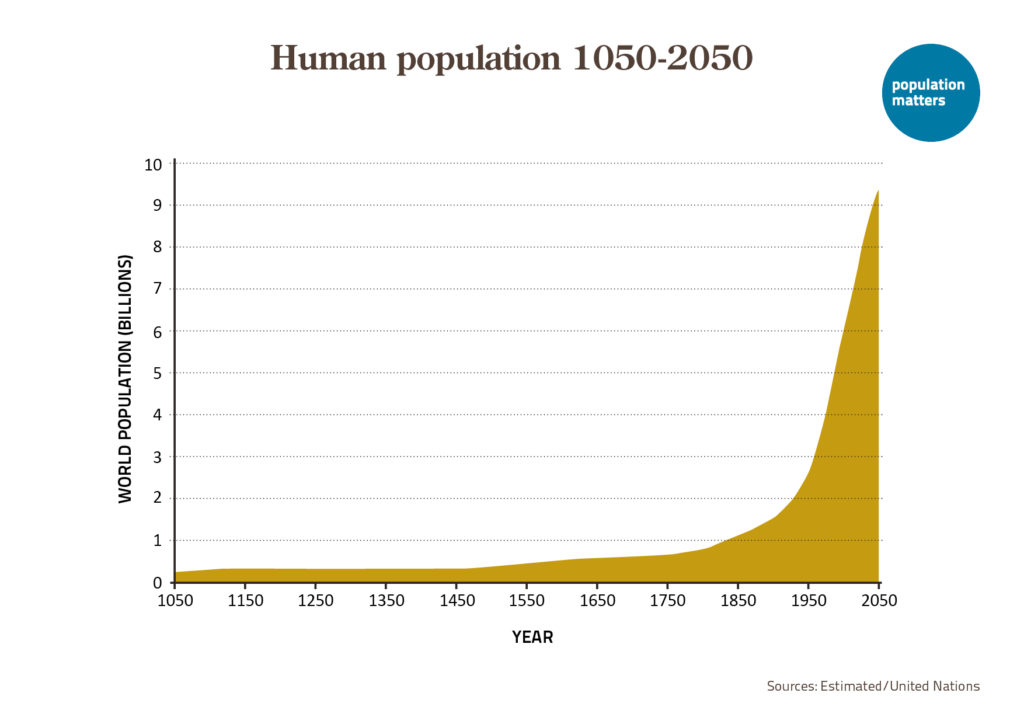
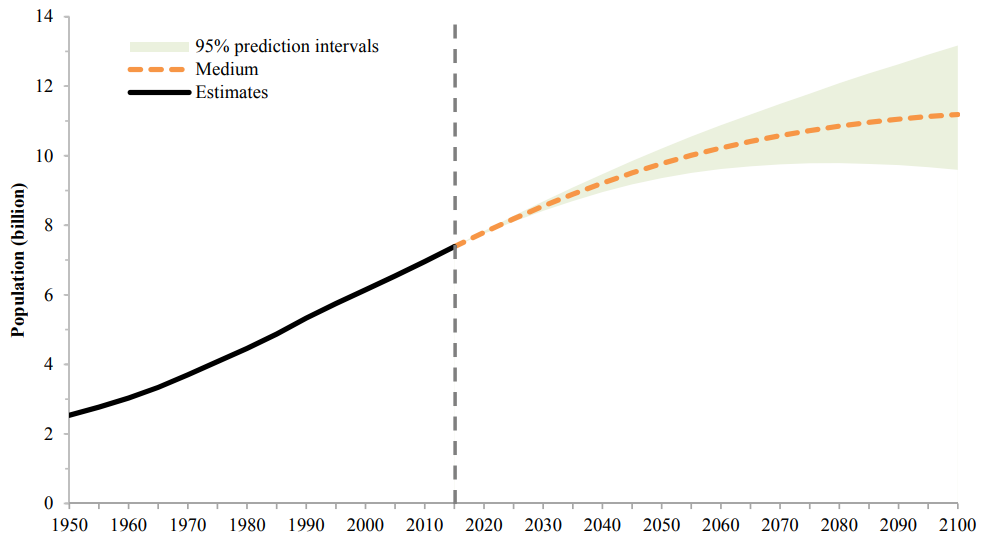
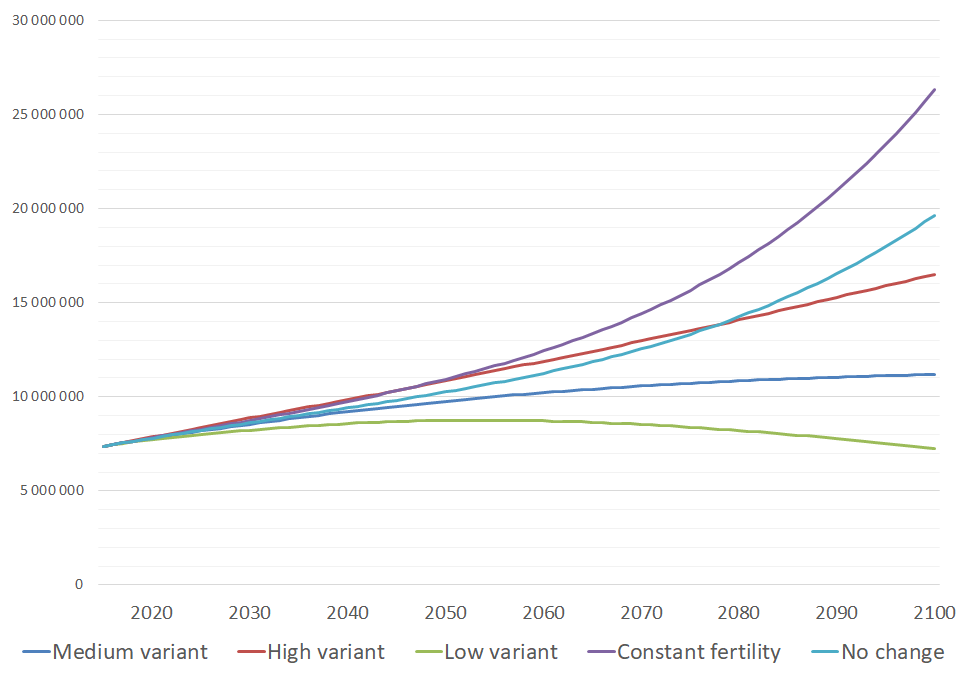
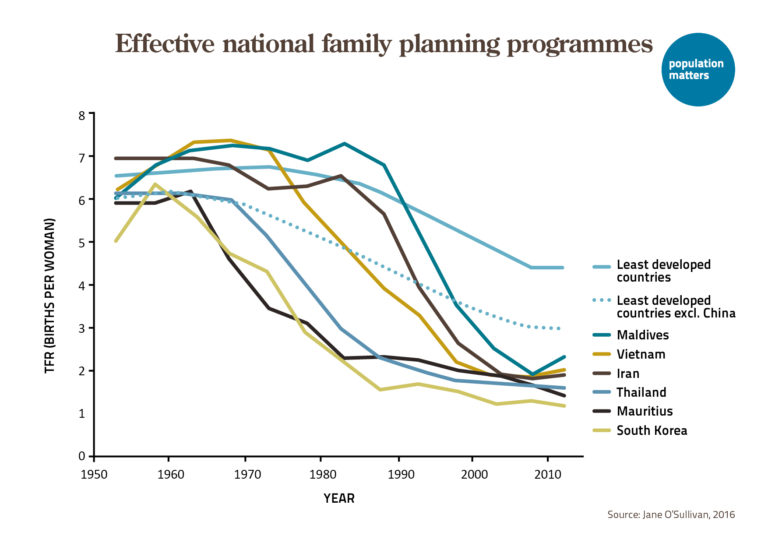

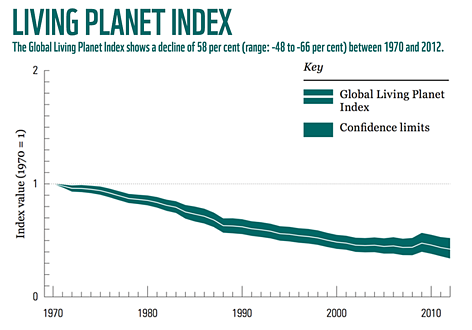
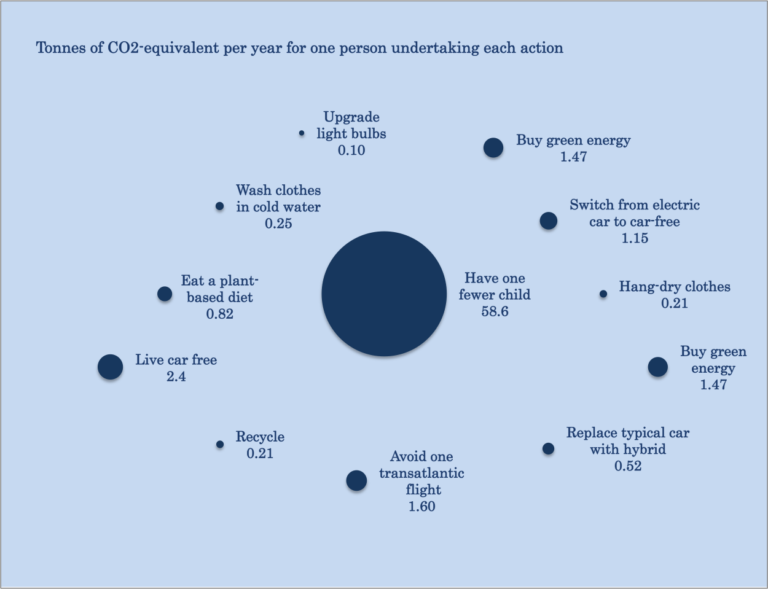

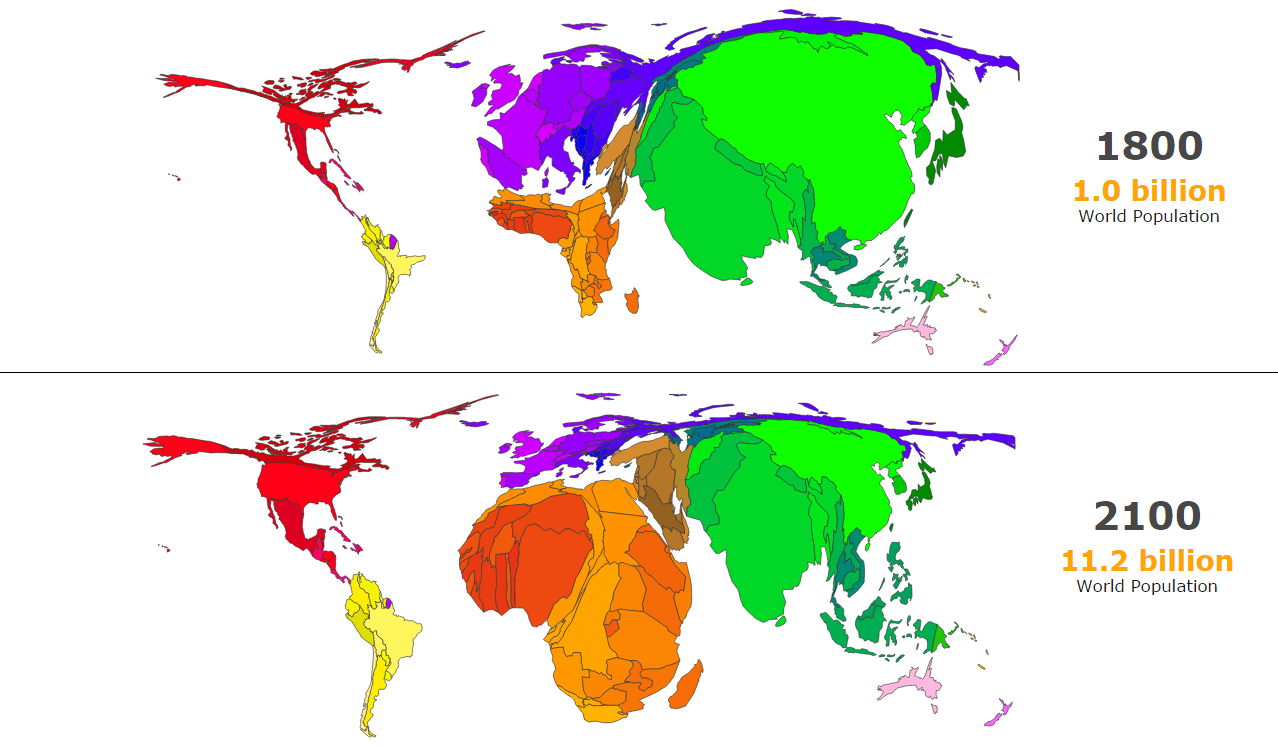
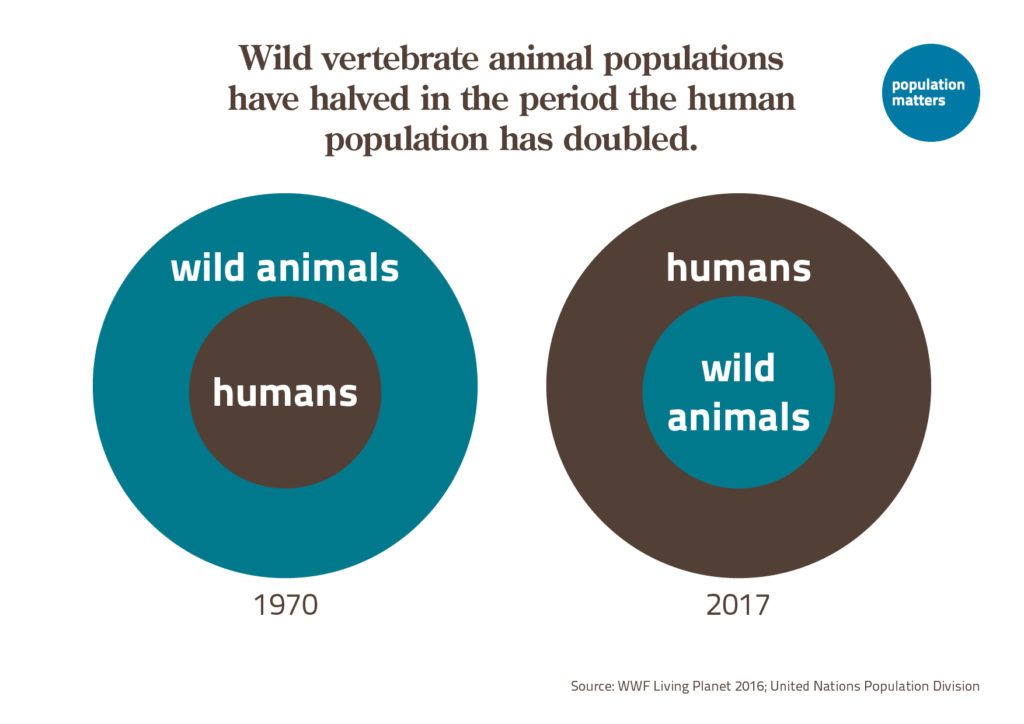

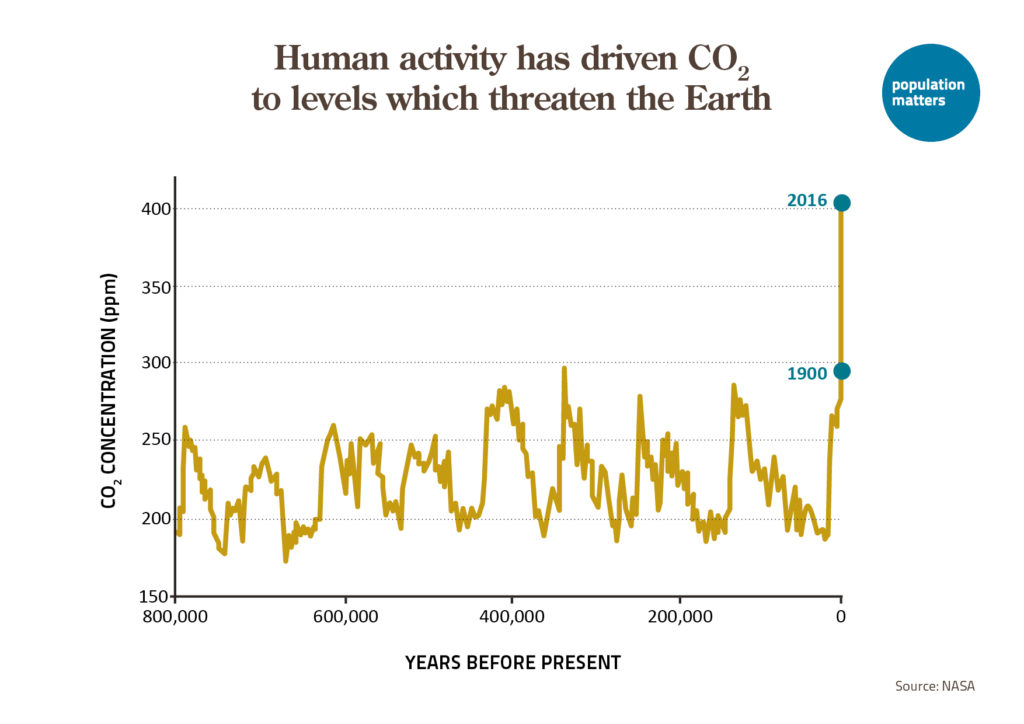
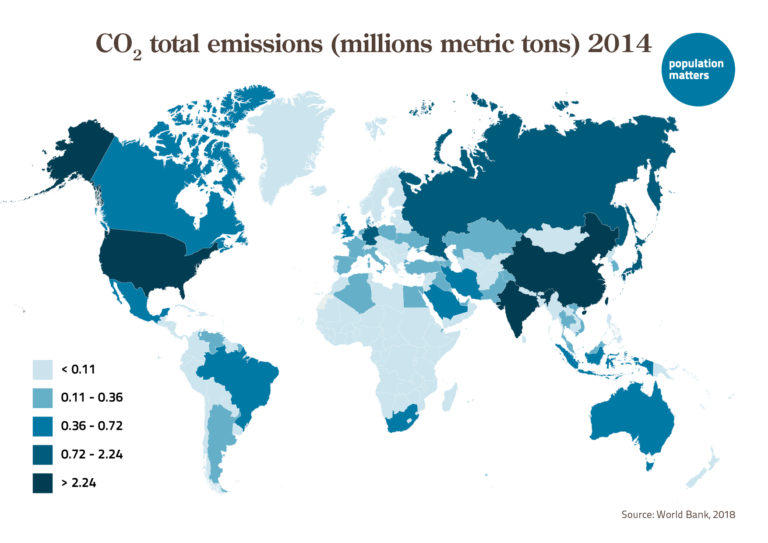

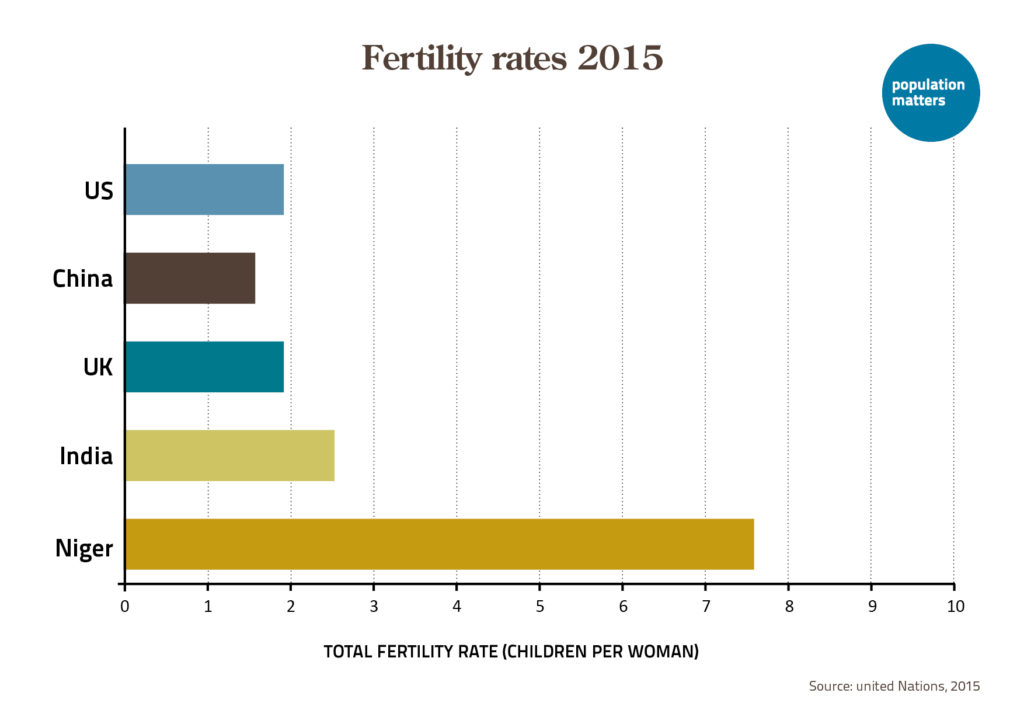
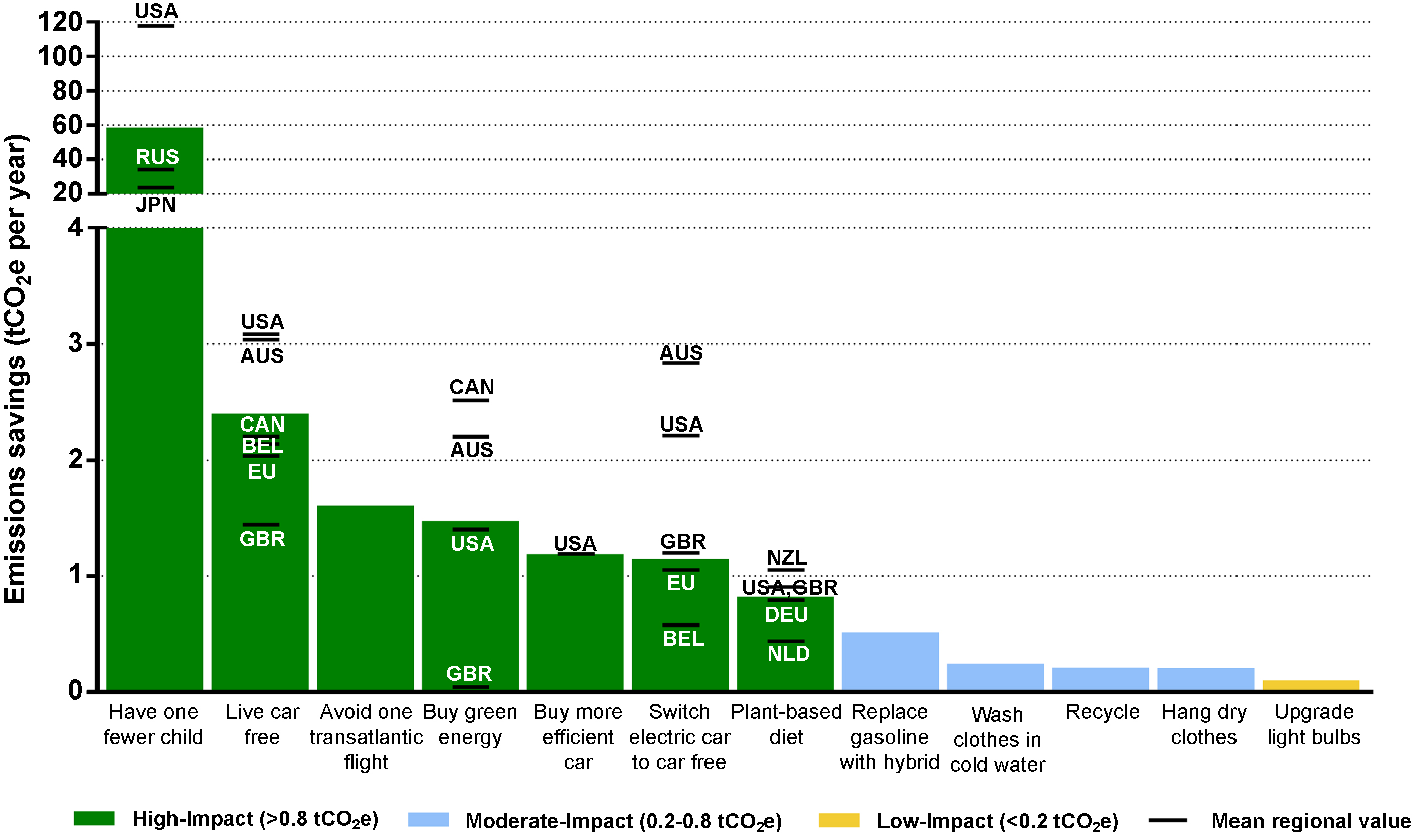





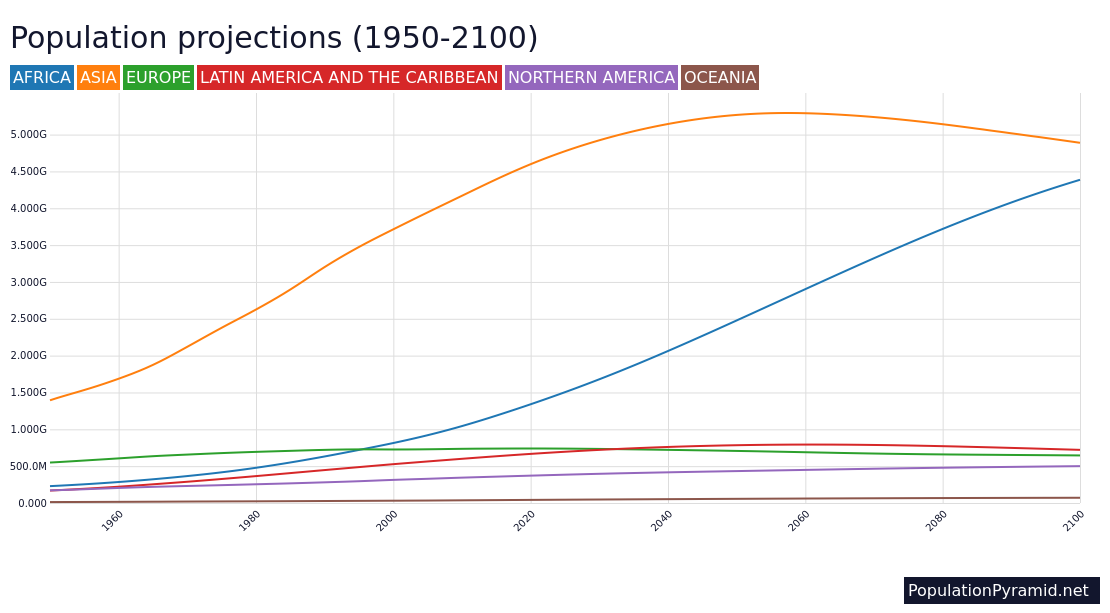
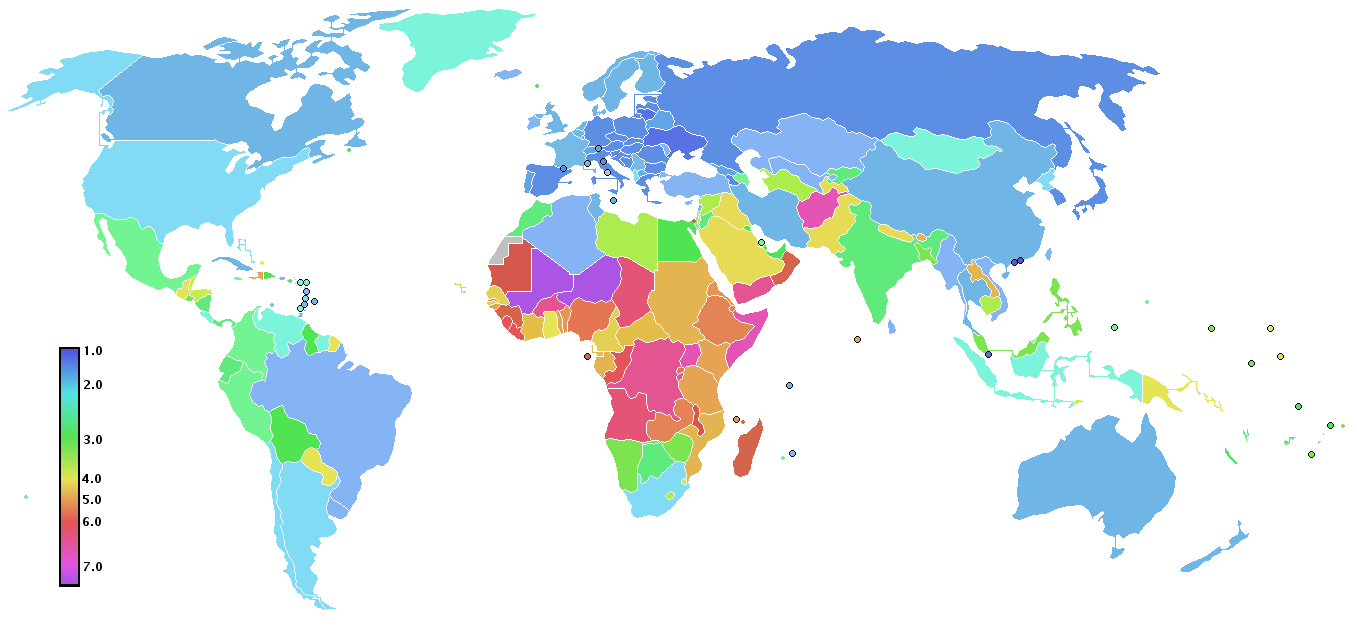
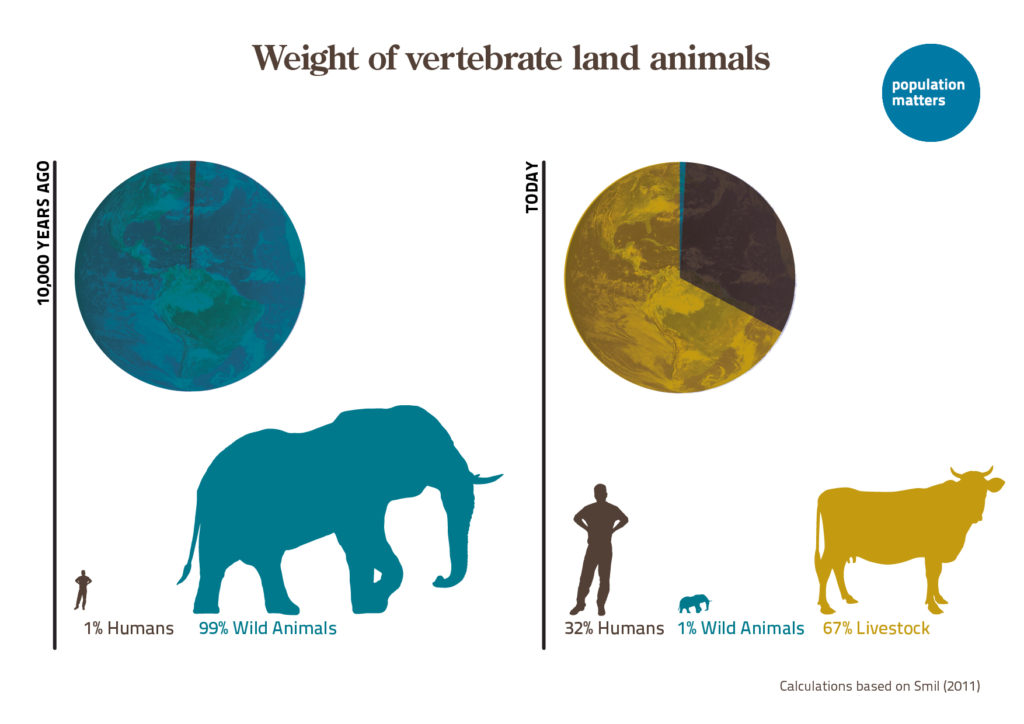

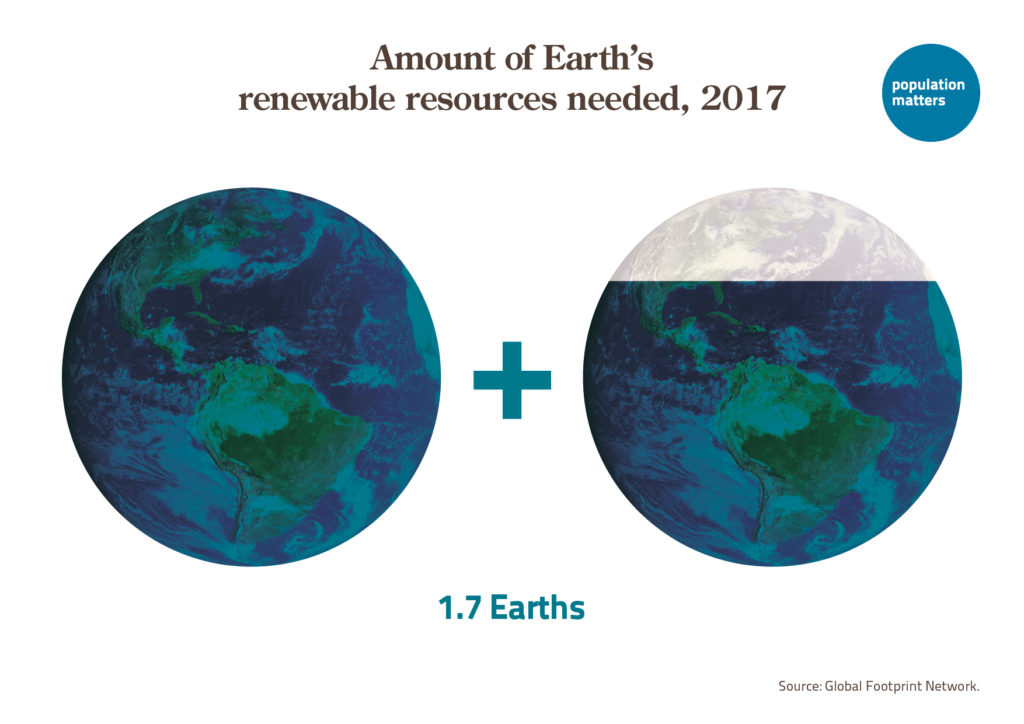


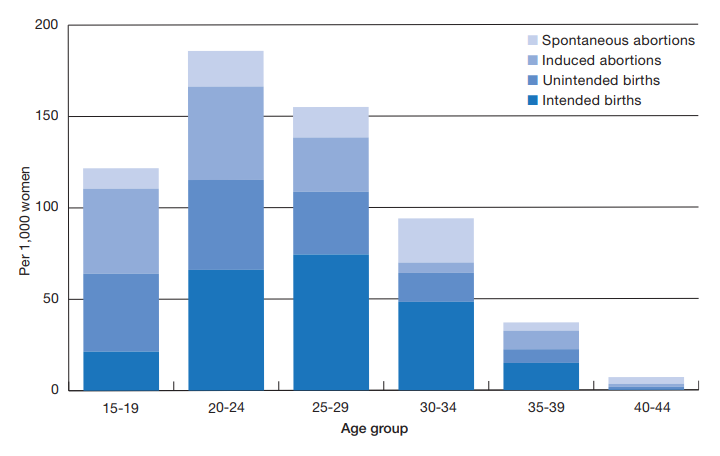
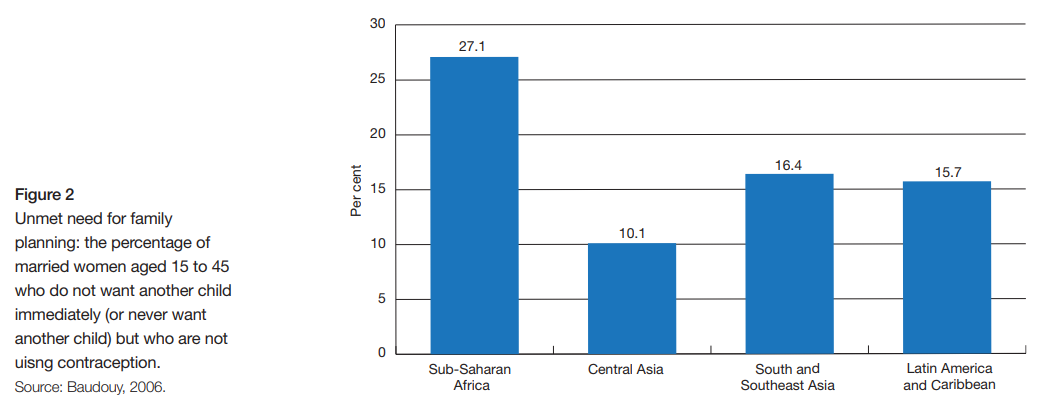
Leave a Reply